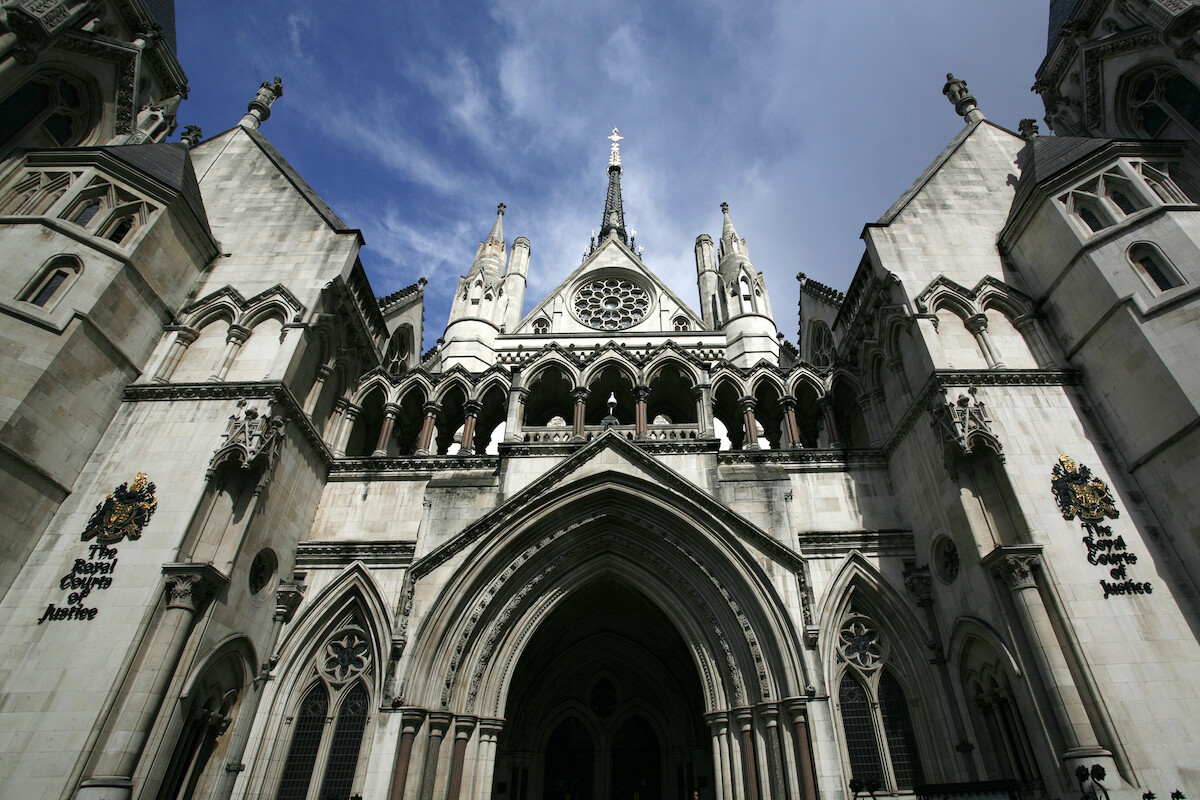


The coronavirus outbreak has significantly impacted the day-today running of many industries and the judicial system is no exception. As the backbone of society, changes were made to legislation to ensure the court system continued to run as smoothly as possible throughout this time. Whilst lockdown measures have been eased in most areas of the UK, the courts ensure protocols are followed so anyone affected by the pandemic can attend court… virtually at least.
But what does this mean in practical terms?
The Government has expanded the availability of telecommunication technology in criminal hearings and preliminary hearings, sentencing, and other enforcement hearings relating to criminal proceedings. Although ‘live links’ have always been allowed in certain court proceedings, the use of audio and video technology has been expanded to minimise disruptions to the courts. With lock-down restrictions in place, the use of video and audio technology ensures that justice system remains open and accessible to all notwithstanding the restrictions to people’s freedom of movement and ability to attend court in person.
In such unprecedented times, the court may allow any person involved in a criminal trial to take part in the proceedings through a live audio or video link (excluding members of the jury). Any person partaking via this medium will be treated as complying with the requirement to attend court.
Throughout this time, the judicial system has remained accessible to members of the public. Certain controls have been put in place to allow this to happen.

The court may direct that proceedings are broadcast in a manner outlined in the legislation so that members of the public can see/hear proceedings via video or audio link. This broadcast may be recorded by the court, to enable to court to retain a record of the proceedings. However, new criminal offences have been created to tackle any unauthorised recording of the broadcast.
A recording can only take place if authorised by the court in which the proceedings are being conducted or by the Lord Chancellor. Any other recording is deemed unauthorised and may stand prosecution.
Amendments have also been made to enable the use of live links in appeals against requirements and restrictions imposed on a person who has potentially contracted the coronavirus. This type of proceeding will be conducted wholly as a video proceeding unless otherwise directed by the court
There have been amendments to the legislation that dictates possession proceedings which cover residential and commercial lettings in England and Wales. The amendments to the legislation govern service of pre-action statutory notices on secure, assured and assured shorthold tenants which extend the relevant time periods set out in the notices for most residential tenancies from one month to three months. As of the 27th March 2020, all ongoing possession proceedings are suspended for 90 days and no new possession claims will be processed during this time either. The 90-day timeframe may also be extended further after a review period.
This is an evolving situation. HM Courts and Tribunals Service (HMCTS) has been issuing daily summaries as to how the courts have been operating, but for the most part, only urgent work is taking place and physical hearings are being avoided wherever possible. The judicial system is no different, it too will have to navigate the post-coronavirus landscape ensuring social distancing measures are maintained while also taking all reasonable steps to serve justice.
There will no doubt be a backlog of cases at a time when changes in law are also being drafted and enacted to better exit Britain from Europe.
Who knows how the courts will continue to adapt but one thing is certain – technology will feature and be relied upon more now than ever before and may change things for good once the pandemic has hopefully passed.

